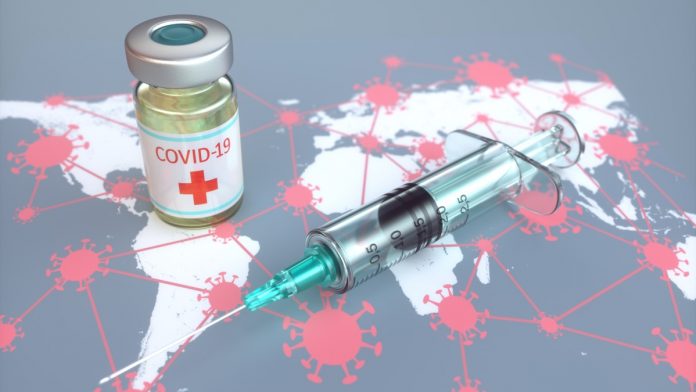The restart of international travel and medical travel could be seriously delayed without worldwide reciprocal recognition of all approved COVID-19 vaccines, says the World Travel & Tourism Council (WTTC).
The global tourism body has issued its warning following concerns that tourists face being turned away at the borders because countries do not have a common list of internationally recognised and approved COVID-19 vaccines.
Over the past few weeks, reports of people facing obstacles to entry have been on the rise, with some even being prevented from boarding their flights to destinations. British travellers who had been administered the Indian Covishield batch of the Oxford/AstraZeneca vaccine, were recently rejected entry into Malta, despite the drug being chemically identical to the UK-made vaccine.
The WTTC believes that the lack of international agreement on a list of approved vaccines is creating another major stumbling block for the restart of international travel.
This comes despite most vaccines having secured the approval of the World Health Organisation (WHO), or the Stringent Regulatory Authorities, such as the UK’s Medicines and Healthcare products Regulatory Agency, the Food and Drug Administration in the US, and the European Medicines Agency.
The plea for reciprocal recognition for all vaccines and vaccine batches forms part of WTTC’s four new guidelines aimed at safely resuming international mobility. These include:
- Appropriately reduced protocols for vaccinated travellers, including no need for testing or quarantine for those fully vaccinated. Global recognition for international travel of all vaccines authorised for use and deemed safe and effective by the WHO or by the WHO recognised SRAs.
- A data driven, risk-based and internationally harmonised approach to re-establishing freedom of movement, that is consistent across countries, easy to communicate and clearly understood by travellers.
- Global adoption of ‘digital health passes’ which enable travellers to easily obtain and verify their vaccination status, negative COVID test result or natural immunity from a previous infection. These must work with existing border control and travel operator systems accepted by all countries. Digital verification of a traveller’s COVID status prior to travel will avoid lengthy and unsafe queues in transport hubs and terminals.
Continued implementation of high-quality health and safety standards throughout all areas of the travel and tourism sector, including continued adoption of the WTTC’s Safe Travel Protocols and Safe Travel Stamp, with the continued wearing of face masks in crowded and enclosed areas as well as on all forms of public transport.








 ©2024 All rights reserved LaingBuisson
©2024 All rights reserved LaingBuisson 


